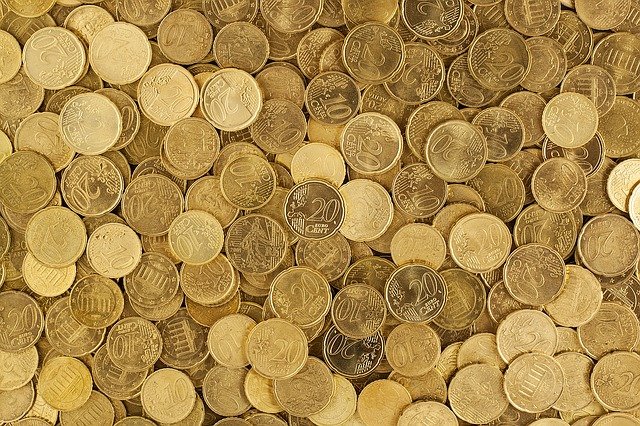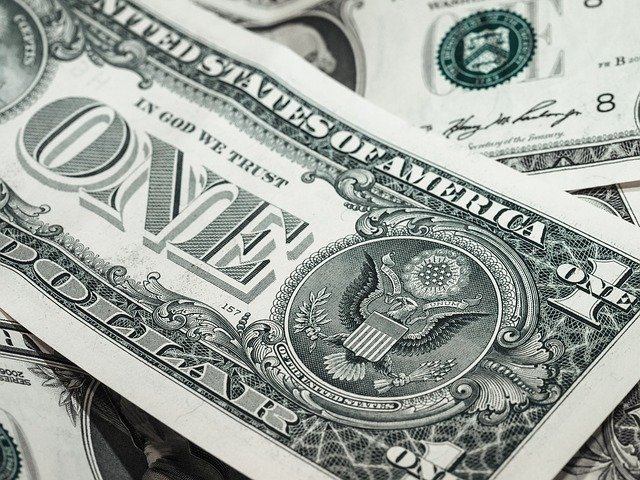
A currency has an intrinsic value and a legal value.
The idea of intrinsic , which comes from the Latin word intrinsĕcus , is used to describe what is characteristic of something . The intrinsic, therefore, is essential or indivisible from the element in question .
For example: “Banknotes have no intrinsic value: without trust in the authorities or social agreement, they are nothing more than papers” , “Anxiety is intrinsic to major changes” , “Violence is an intrinsic problem in any society” .
Intrinsic in philosophy and economics
In the field of philosophy , the intrinsic is that which, by virtue of its nature , corresponds to a certain object. This means that the intrinsic is one's own and is not given by the relationship with another.
In the context of economics , meanwhile, the concept of intrinsic value is used. This is the name given to the market value of a precious metal that is used to mint a coin . Suppose that an ounce of gold costs $500 and that a coin containing said amount of metal is minted: the coin will thus have an intrinsic value of $500 . The legal value of the currency, on the other hand, is established by a social pact: trust is placed on the promise of payment from the entity that mint it. The coin containing one ounce of gold ( $500 ), to mention a hypothetical case, may have a legal value of $800 , a figure that is not linked to its intrinsic value.
The real value of an asset
Intrinsic value is also the real value of an asset or a company . This value arises from the perception of its real value taking into account all its intangible and tangible aspects. This intrinsic value may or may not coincide with the market value .
In this framework, there are many paths that we can follow to calculate the intrinsic value of a share. Broadly speaking, the four methods most used by experts are the following: cash flow discounts; those based on equity value; relative valuation; those based on real options. The first of them is the one that in theory offers the greatest precision of all, although in each particular case it is necessary to evaluate which of them best suits the needs.

Money, like paper, has no intrinsic value: its value lies in a social agreement.
Synonyms and antonyms of intrinsic
We must point out that this term is not very common in everyday speech, although it does appear in the media, especially in the field of economics. That said, we can take a look at some of its most used synonyms: own, internal, essential, characteristic, peculiar, connatural, basic, intimate , privative and exclusive .
Regarding its antonyms, we can mention the following three: improper, accidental and extrinsic .
The inherent and the immanent
As with many other words, Spanish speakers often confuse the meaning of intrinsic with others, particularly with inherent and immanent . Although these are three words with very similar definitions, they have their differences and for that reason it is advisable to know them thoroughly to know in which case to use each one.
The Royal Spanish Academy points out in its dictionary that the term inherent is defined as something that, given its own nature, is linked to another thing in such a way that it cannot be separated from it. It also tells us that in the field of grammar it is understood as a unit that is independent of the relationships it has with the others within the sentence. Let's see these two meanings in the following examples: "These obligations are inherent to your job" , "In the noun closet, the masculine gender is inherent" .
Regarding immanent , the dictionary defines it as something that is inherent to a being or that is linked to its essence in a way that is impossible to separate, although we can distinguish both parts through reason.
